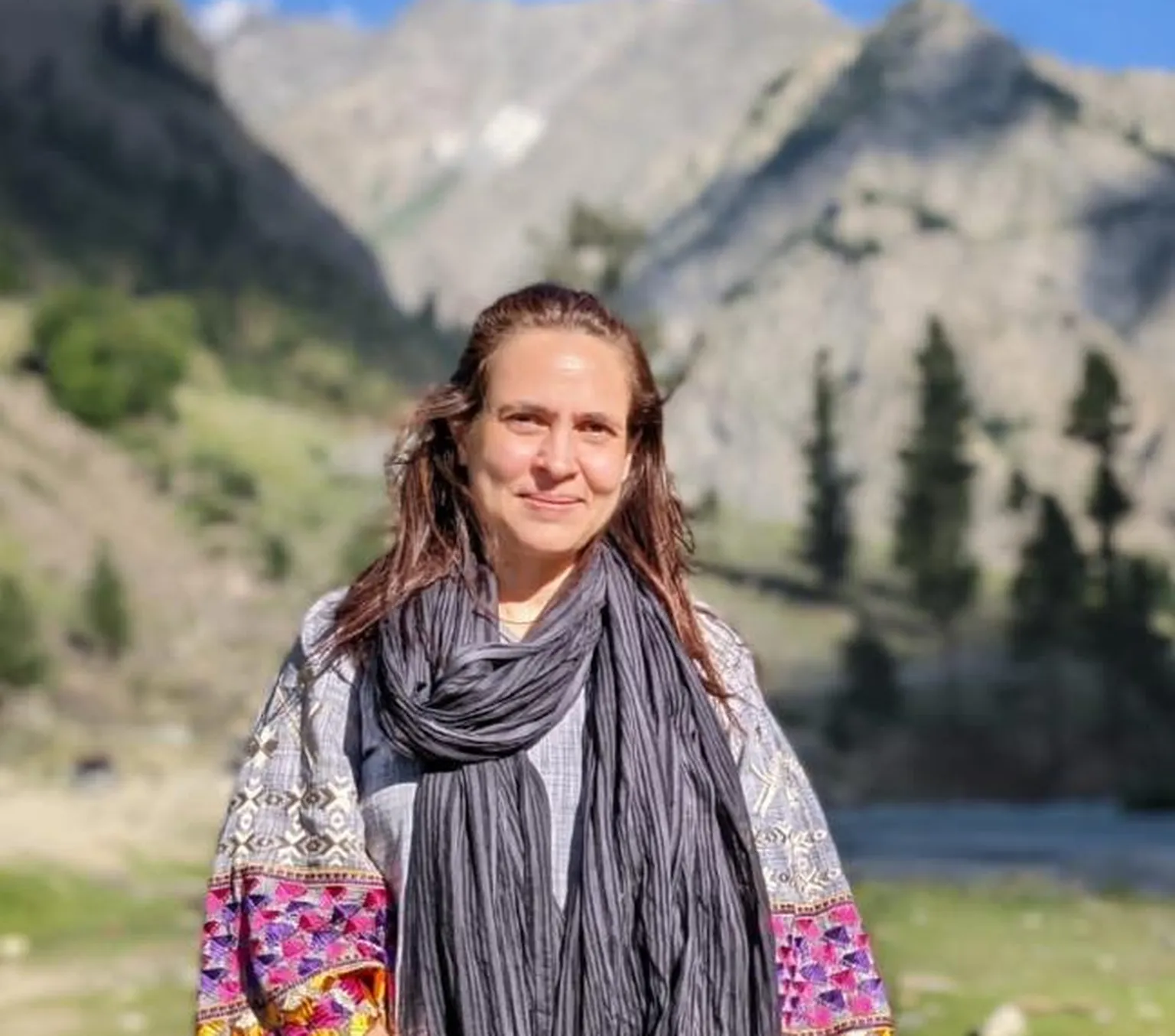WS4H in Nepal and Bangladesh
Bangladesh,Nepal,
ongoing

Strengthening WASH governance in Nepal and Bangladesh through the WS4H consortium to reduce preventable deaths of mothers and young children.
WASH Systems for Health (WS4H) in Nepal and Bangladesh is a five-year multi-country consortium project (February 2024 to December 2027) additionally implemented in Malawi, Tanzania, Nigeria, and Sierra Leone. Funded by UK aid from the UK Government, the research and learning component of WS4H is supported by the WASH Systems Facility. The WASH Systems Facility collaboration includes IRC-WASH, LSHTM, and the University of Leeds, which are responsible for advancing the project's monitoring, learning, and evaluation activities. SNV leads WS4H project implementation in Nepal and is a partner in Bangladesh, where WaterAid is in the lead.
In South Asia, the WS4H project introduces pathways that drive performance improvements at national and selected sub-national levels to increase access and use of sustainable, inclusive, and climate-resilient WASH services. By taking collective actions with government and stakeholders, the partnership contributes to a progressive reduction in WASH-related diseases, particularly for women, children, and infants in underserved, climate-vulnerable locations in both countries.
SNV leads WS4H implementation in Nepal, focusing its systems-strengthening activities to support decentralised WASH service delivery in the Madhesh and Koshi provinces. Cognisant that each province has its own challenges with strengthening WASH systems, the project supports both provincial governments in tailoring their respective legal frameworks and mechanisms that will enable local governments to prepare and utilise data-driven WASH plans, budgets, and implementation measures and improve public finance flows.
The project links to the federal level, to the Ministry of Water Supply and the Department of Water Supply and Sewerage Management and engages them in the systematic capacity building of provincial governments who have thus far been lagging in their abilities to guide local governments in implementing their constitutional responsibilities for WASH services. The project also involves local networks for political advocacy on commitments for safely managed WASH by local, provincial, and federal governments.
Contact SNV’s Water Sector Leader in Nepal, Nadira Khawaja.

In Bangladesh, where SNV is an implementing partner of WaterAid (lead), the focus is to enhance Local Government Institutions (LGIs) in rural Paikgacha and urban Lalmonirhat to deliver climate-resilient, gender-inclusive WASH services.
Contact SNV’s Water Sector Leader in Bangladesh, Shahidul Islam.
About the consortium project: WASH Systems for Health is a partnership that contributes to strengthening systems for more reliable, resilient, and inclusive WASH services and ending preventable deaths (EPD) of mothers, young children, and infants in six sub-Saharan and South Asian countries. It reflects an important shift in the UK government's international development strategy objectives and programming. Instead of focusing on increasing first-time access to basic WASH services, the project contributes to enhancing the sustainability of safely managed WASH services. In support of this refreshed vision, the project:
empowers women, enabling them to make informed decisions about the WASH services they need and receive.
focuses on attracting new public and private finance to accelerate progress in SDG6 WASH targets, including universal access to safely managed services.
The partnership will use IRC’s WASH systems building blocks to promote reflexive exercises and collaboration among multiple stakeholders in addressing the systemic bottlenecks to inclusive and climate-resilient WASH services.



